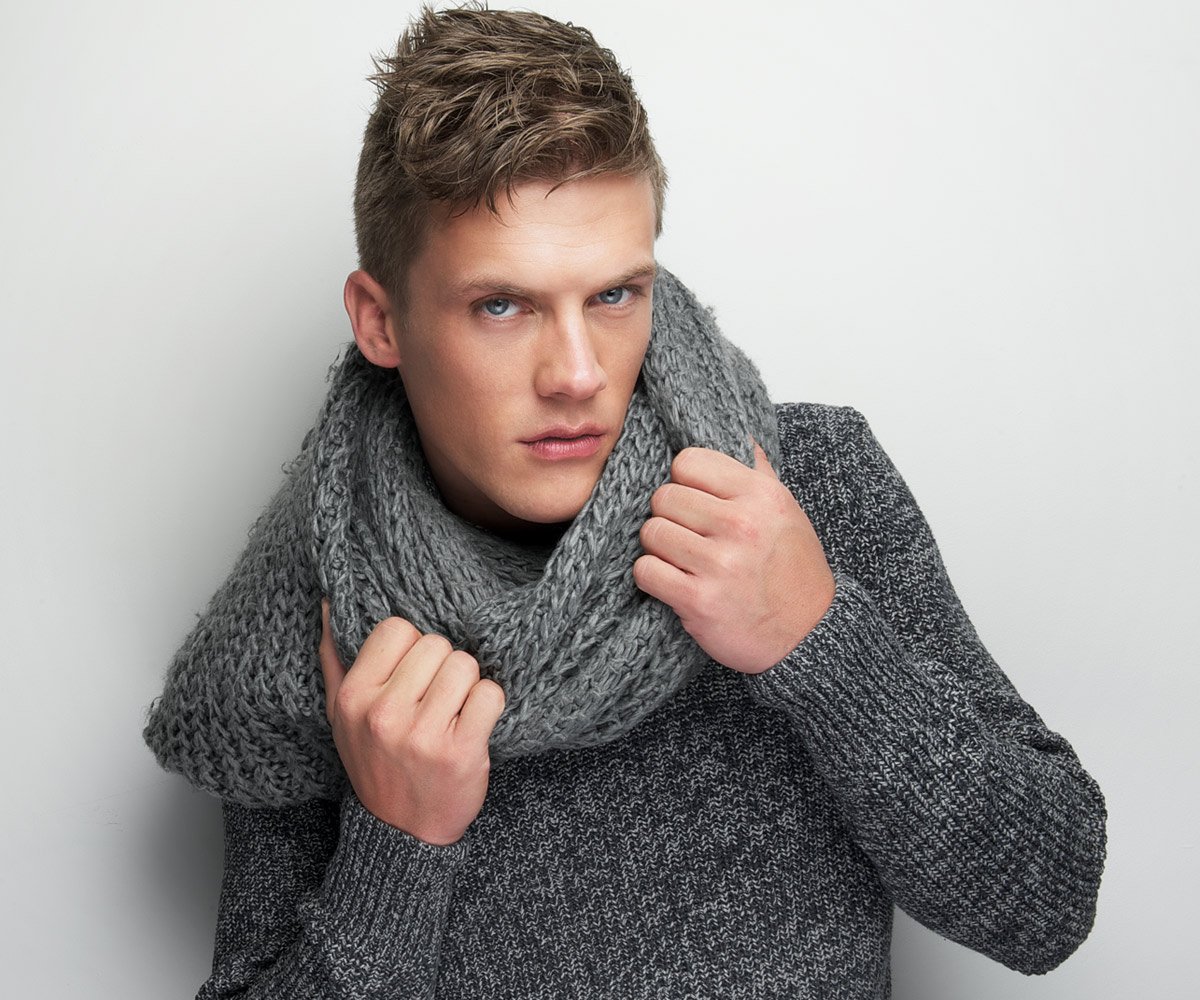Between the measured stitch of a couture seam and the clean geometry of a quilted flap, Chanel has built a language that reads as both memory and motion.From Gabrielle “Coco” Chanel’s early insistence on ease and clarity to the brand’s contemporary experiments in craft and technology, the house operates where heritage is not a museum piece but a working tool.
This article traces the threads that bind Chanel’s past to its present: the codes that recur-tweed, the camellia, black and beige, a disciplined line-and the ways they are reinterpreted across perfume, ready-to-wear, couture, and accessories. It looks at the ateliers and Métiers d’Art that preserve rare techniques, the design decisions that keep silhouettes legible over time, and the incremental innovations that allow those signatures to evolve without losing their sense of origin.
Rather than a chronology or a catalog, what follows is a study of continuity and change: how a house translates a founder’s ideas into a global vocabulary; how it balances restraint with novelty; and why certain forms-whether a suit, a little black dress, or a numbered scent-maintain their relevance across decades.Chanel’s story,considered through the lenses of heritage,innovation,and timeless design,offers a portrait of fashion as an ongoing conversation between what endures and what is newly possible.
Heritage in Practice: Rue Cambon Codes That Still Drive Design and How to Read Them in Modern Pieces
From a mirrored staircase to the atelier floor,the house’s visual language remains a set of living “codes” rather than nostalgia. Think of matelassé quilting that catches light like cut stone, a chain interlaced with leather that frees the hands, the four-pocket tweed jacket trimmed in braid and balanced by a hidden hem chain, or the quite bloom of the camellia beside ropes of pearls. Even geometry is a signature: the octagonal line of the Première case and the clean rectangle of a clutch nod to Parisian architecture, while a disciplined black-and-white palette keeps forms crisp. In contemporary collections these cues move fluidly-quilted sneakers, denim edged in couture-style braid, ceramic watches with architectural clarity-proving that heritage here is a toolkit for modernity.
| Code | Origin | Today |
|---|---|---|
| Matelassé quilting | Equestrian gear, stone tiles | Bags, sneakers, small leather goods |
| Chain + leather strap | Hands-free utility | Crossbody drops, belts, jewelry |
| Tweed + braid trim | Atelier tailoring codes | Jackets, cardigans, denim piping |
| Hem chain | Precise hang and balance | Jackets, coats, capes |
| camellia & pearls | minimal bloom, easy elegance | Brooches, appliqués, layered necklaces |
| Black & white | Graphic clarity | RTW, footwear, evening pieces |
| Architectural geometry | Place Vendôme lines | Première, faceted clutches, hardware |
Reading these signals in current pieces is about proportion, continuity, and intent. Quilting should travel cleanly over seams and flaps; braid frames a silhouette without swallowing it; hardware has presence but serves movement. The jacket’s four pockets sit like punctuation, never noise, and a strap’s leather is woven so the chain’s cadence feels even in the hand. Look for balance: softness meeting structure, utility meeting grace.
- Quilting: Diamonds align at edges; stitch length is consistent; the pattern holds its shape under light.
- Strap: Leather lacing starts and ends discreetly; chain weight feels proportional to the bag size.
- Tweed: Braid echoes the fabric’s dominant tones; inside, a subtle weight at the hem guides drape.
- Buttons & motifs: Lions, stars, camellias, or crisp serif “CHANEL”-icons used as finish, not flourish.
- Palette: Black/white anchors brights or pastels; contrast is used to sharpen lines, not distract.
- Geometry: Octagonal or faceted references appear in cases, clasps, and heel shapes-architecture translated into accessories.

Inside the Atelier: Tweed, Tailoring, and Finishing Details with Guidance for quality Assessment and Care
in the workrooms where boucle sings, each jacket begins as a landscape of texture: yarns of wool, mohair, silk, and lurex are loomed into supple tweed that flexes with the body. The architecture is deceptively soft-high armholes and a clean shoulder create movement, while a chain-weighted hem steadies the silhouette. Edges are framed with braid or grosgrain, pockets are pattern-matched, and closures are often discreet hooks that preserve the uninterrupted line.Inside, a silk or satin lining may be hand-quilted to the outer cloth for breathability and structure; seams lie flat, trims meet with crisp mitered corners, and true shank buttons carry a reassuring weight without tugging the fabric.
- Tweed surface: Even distribution of loops and nubs; no “bald” patches or tight, shiny pulls.
- Pattern continuity: Checks/stripes align across front, pocket flaps, and side seams.
- Trim execution: Braid sits flush; corners are cleanly mitered; fringe is evenly frayed.
- lining + quilting: Parallel quilting lines, gentle drape, no puckering at seams.
- Closures + buttons: Solid shanks, secure stitching; hooks/eyes are small and neatly anchored.
- Sleeve head: Smooth crown with subtle roll; no ridges or collapse at the shoulder.
- hem balance: Chain is discreet and continuous; jacket hangs level front to back.
| Area | Look for | Red flag |
|---|---|---|
| Tweed | Soft hand, springy recovery | Scratchy, board-stiff feel |
| trim | Even width, tight braid | Wavy edge, loose threads |
| Lining | Flat slip, light quilting | Ripples, hot-press shine |
| Buttons | Weighted shank, clean back | Lightweight, glue residue |
| Hem | Balanced swing, hidden chain | Dragging back, visible links |
Caring for these materials favors gentleness over frequency. Embrace preventive care: rest between wears, manage snags with a loop tool (never cut), and steam lightly from the inside to refresh loft. For maintenance, rely on a soft clothes brush, spot-blot with cool water and mild soap only after a hidden test, and reserve solvent-based cleaning for rare, professional interventions. Store on a broad, padded hanger, close all closures to maintain line, and use a breathable garment bag; avoid overcrowding to protect the trim. When traveling, roll with tissue and place on top to prevent compression; for longevity, re-secure buttons and trim as needed and entrust complex work-re-fringing, quilting, or sleeve balancing-to a specialist familiar with couture methods.
- After wear: Brush, air 24 hours, steam lightly.
- Snag rescue: Draw loops to the wrong side; never clip.
- Spot care: Blot, don’t rub; test first.
- Storage: Padded hanger, breathable bag, cool/dry space.
- Pilling: Use a wool comb gently; avoid electric shavers.
- Service: Choose a tailor versed in hand-finishing and quilting.

Innovation with Intent: Materials research, Sustainable Processes, and Digital Craft with Practical Ways to Future Proof Your purchases
Craft evolves without abandoning character: atelier techniques like tweed weaving, quilting, and hand-finished hardware live alongside material science that pursues durability, traceability, and lower impact. Think high-twist wools that resist pilling, linings simplified for easier repair, and metal finishes engineered to reduce wear.On the digital side, pattern-nesting and 3D prototyping help cut waste before scissors meet cloth, while emerging product passports promise clearer provenance and care histories-quiet innovations that keep iconic forms relevant for decades rather than seasons.
Future value starts at the moment of choice: opt for fibers and finishes that age gracefully, constructions designed for serviceability, and palettes that transcend trend cycles. Ask pointed questions, document purchases, and maintain consistent care rituals; small habits compound into longevity. When your wardrobe behaves like a curated archive-audited,repair-ready,and well-recorded-each piece earns its place and holds it.
- Choose resilient fibers: dense wool tweed,tightly woven cotton,and full‑grain leather that can be nourished and refinished.
- Prioritize repairability: inquire about replaceable hardware, stitch access, and availability of workshops or care partners.
- Seek traceability: request documentation or digital IDs that record origin, materials, and service history.
- Favor timeless hues: black, camel, navy, ivory-and metal tones that mix easily across seasons.
- Confirm care support: ask for care guides, spare buttons, dust bags, and conditioner recommendations.
- Audit construction: even seams, reinforced stress points, and balanced weight distribution for long wear.
| Material/Process | Benefit | What to ask |
|---|---|---|
| Traceable wool tweed | Longevity, easy repair | Farm origin, pilling resistance |
| Vegetable‑tanned leather | Develops patina | Tannery standards, care routine |
| Removable chain hardware | Serviceable, modular | Replacement parts availability |
| Mono‑material lining | Simplified repair | Fabric type, stitch access |
| Digital product passport | Provenance, resale value | how to access and update |

Building a Timeless Wardrobe: Choosing Jackets and Bags by Proportion and Lifestyle with Tips on Classic Flap versus Reissue and Jewelry That Endures
Proportion first guides every timeless choice: select jackets that echo your frame and daily rhythm. A cropped, boxy tweed sharpens petites; a longline, softly structured cut streamlines taller figures; a shoulder with subtle structure balances curves and layers smoothly over knits.Hem-to-hip balance matters-if your jacket is shorter,let your trouser or skirt run longer; if your jacket is long,keep the base clean and tapered. Bags should mirror both scale and purpose: a mini or small flap suits compact builds and evening cadence; a medium reads effortless from desk to dinner; a supple tote supports creative, on-the-go days. Texture is your quiet luxury-matte tweed and aged calf add depth in daylight; satin-sheen leather and sleek hardware elevate after dark.
- Jackets: mind shoulder fit, sleeve kiss at wrist bone, and a clean back-no pulling.
- Bags: match strap drop to torso length; keep the bag’s width within your ribcage span.
- Color cadence: anchor neutrals (black, navy, ecru) with one signature accent you’ll repeat.
- Lifestyle test: will it work 3 ways-commute, client, weekend? If not, reconsider.
Between icons, the choice is character. The Classic Flap feels polished-structured leather, leather‑interlaced chain, and the CC turn-lock-ideal when your wardrobe leans tailored and your days move from meeting rooms to dinners. The 2.55 Reissue is nonchalant-aged calf, all‑metal chain with adjustable wear, and the Mademoiselle lock-perfect with denim, trenches, and softly draped suiting.Let jewelry whisper permanence: luminous pearls, fine chain links, a restrained cuff, or stud earrings in yellow or white tones that complement your skin’s undertone. Keep scale near the face proportionate-smaller studs for delicate features,medium drops for stronger bone structure-and invest where craft shows: weighty closures,smooth hinge action,and stones set low and secure.
| Feature | Classic Flap | 2.55 Reissue |
|---|---|---|
| Lock | CC turn-lock | Mademoiselle |
| Chain | Leather‑woven | All‑metal, adjustable |
| Vibe | polished, structured | Effortless, lived‑in |
| Best with | Blazers, sheath dresses | Denim, relaxed tailoring |
- Enduring jewelry: pearl studs, slim chain bracelet, signet ring, minimal cuff.
- Finish: mix metals subtly; keep one dominant tone for cohesion.
- Care: store flaps stuffed,chains tucked; wipe pearls after wear; schedule clasp checks annually.
Future Outlook
chanel’s story is neither a nostalgia trip nor a chase after novelty. It is the steady work of editing time. The house’s codes are not relics but tools; its innovations are less spectacle than discipline. Between the atelier and the wider world, it keeps testing how much of yesterday can be carried forward without becoming weight, and how much of today can be adopted without losing a point of view.If its future holds, it will likely be secured not by louder symbols but by quieter rigor: the persistence of craft, the intelligence of materials, the clarity of line, and choices that can stand more than one season. A jacket that resists fashion’s tempo, a bag that acquires patina, a fragrance that becomes a memory-these are not escapes from time so much as ways of stitching it together.
That is the paradox the house continues to navigate: heritage as a method, innovation as a habit, and design that reads as contemporary whenever you happen to arrive.

